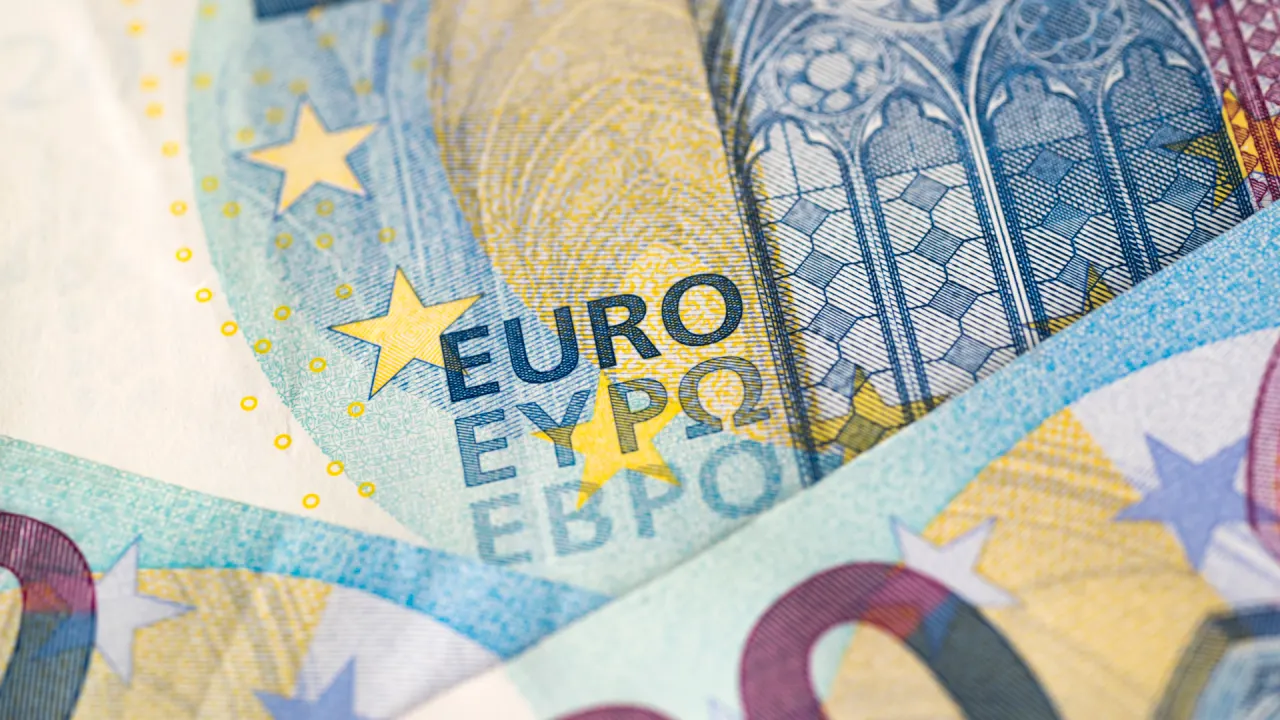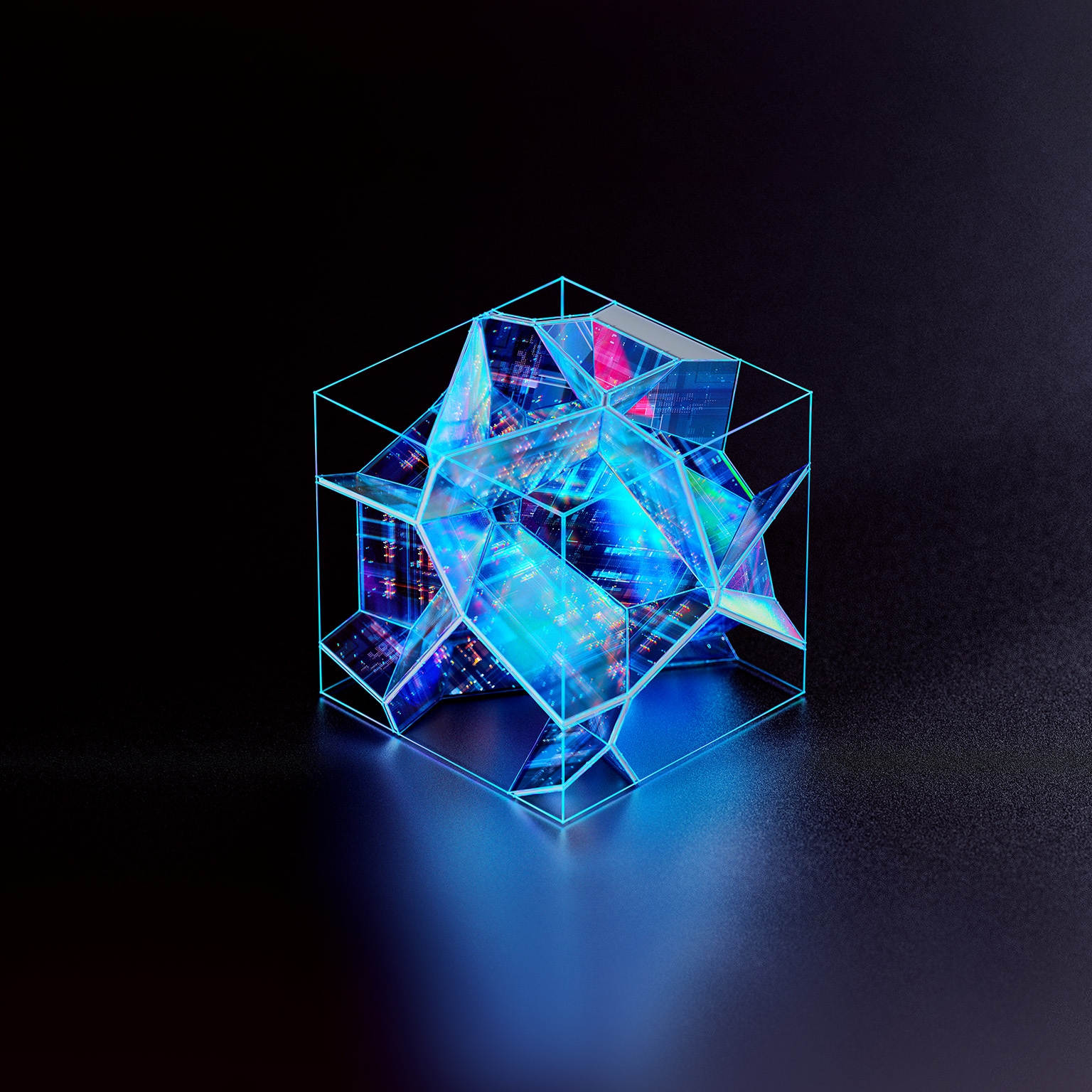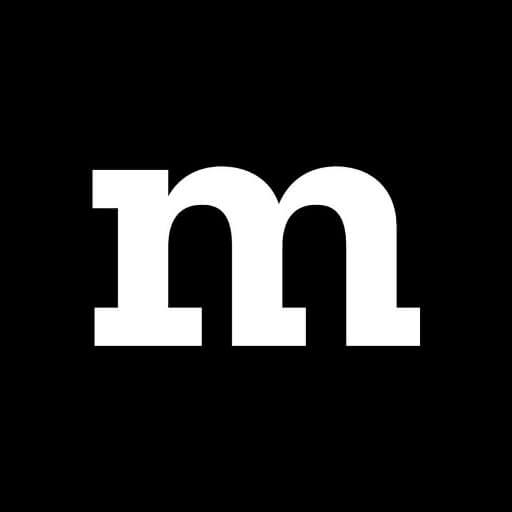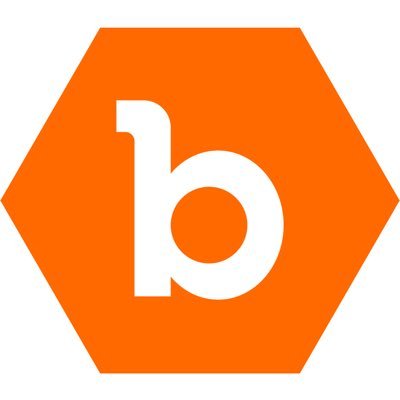Pharmaceutical Grade Lithium Carbonate Market Forecast Points to a New Era of Global Expansion
Market Overview
The global pharmaceutical grade lithium carbonate market was valued at USD 142.99 million in 2023 and is projected to grow to USD 197.61 million by 2032, exhibiting a compound annual growth rate (CAGR) of 3.7% during the forecast period. Pharmaceutical grade lithium carbonate is widely used in the treatment of bipolar disorder, major depressive disorder (MDD), and other mood-related conditions. With rising mental health awareness and increasing prevalence of mood disorders, the demand for lithium-based pharmaceutical formulations continues to expand globally.
Key Market Drivers
-
Rising Prevalence of Bipolar and Mood Disorders
The growing incidence of bipolar disorder and depression across developed and developing countries is a key driver of the pharmaceutical grade lithium carbonate market. According to the World Health Organization (WHO), mental disorders affect hundreds of millions globally, with bipolar disorder impacting nearly 45 million people worldwide. Lithium carbonate remains a first-line mood stabilizer for such conditions. -
Expanding Access to Mental Health Services
Increased global access to psychiatric care and mental health diagnosis has led to more patients receiving appropriate treatment. Government and private healthcare initiatives aimed at improving mental health services are further fueling demand for pharmaceutical grade lithium carbonate. -
Established Efficacy and Long-Term Use in Psychiatry
Lithium carbonate has remained a cornerstone in psychiatric medication for decades due to its proven ability to stabilize mood swings, reduce suicide risk, and prevent relapse in bipolar patients. Its enduring use and clinical validation make it a staple in psychopharmacology. -
Growing Geriatric Population and Comorbidities
The aging global population has a higher prevalence of mood disorders and comorbid psychiatric conditions. As the geriatric demographic continues to expand, especially in developed countries, so does the potential patient base for lithium-based treatment regimens.
Market Restraints
-
Narrow Therapeutic Index and Side Effects
Lithium carbonate has a narrow therapeutic window and may result in adverse effects such as renal toxicity, hypothyroidism, and neurological impairment when not dosed correctly. This restricts its adoption in certain patient populations and increases the need for regular blood monitoring. -
Emergence of Alternative Mood Stabilizers
New-generation antipsychotics, anticonvulsants, and antidepressants with better tolerability profiles are competing with lithium carbonate, especially in patients sensitive to lithium’s side effects or those requiring polytherapy.
Opportunities
-
R&D for Controlled Release Formulations
Ongoing research into controlled or extended-release formulations of lithium carbonate aims to improve patient adherence, reduce side effects, and enhance drug efficacy. This could open new commercial avenues for manufacturers. -
Increased Awareness of Suicide Prevention
Lithium carbonate’s effectiveness in suicide risk reduction, especially among bipolar and depressive disorder patients, is gaining renewed attention from mental health professionals, highlighting its importance in preventive psychiatric care. -
Market Expansion in Emerging Economies
Growing healthcare infrastructure and better access to psychiatric treatment in emerging economies like India, Brazil, and Southeast Asia present untapped opportunities for market expansion, particularly through generic drug manufacturing.
Market Segmentation
By Application:
-
Bipolar Disorder
-
Major Depressive Disorder
-
Schizoaffective Disorder
-
Others (Cluster Headaches, Augmentation Therapy)
By Dosage Form:
-
Oral Tablets
-
Extended Release Tablets
-
Capsules
-
Others (Liquid Formulations, Injectable)
By Distribution Channel:
-
Hospital Pharmacies
-
Retail Pharmacies
-
Online Pharmacies
Regional Insights
North America:
North America holds the largest market share, driven by advanced psychiatric care infrastructure, high mental health awareness, and strong demand for established mood stabilizers. The U.S. leads the market due to the presence of major pharmaceutical players and high diagnosis rates of mood disorders.
Europe:
Europe follows closely, with countries like Germany, France, and the U.K. having a long-standing history of lithium-based therapies. The region’s universal healthcare systems support access to psychotropic medications and regular patient monitoring.
Asia Pacific:
The Asia Pacific region is expected to witness the fastest growth during the forecast period. Rapid urbanization, rising stress-related mental health issues, and improving psychiatric healthcare services in countries like China and India are propelling regional demand.
Latin America and Middle East & Africa (MEA):
These regions are gradually catching up due to improving mental health policy frameworks and increased public and private sector investment in psychiatric medicine. Brazil and South Africa are key emerging markets in this segment.
Competitive Landscape
The pharmaceutical grade lithium carbonate market is moderately consolidated, with key players focusing on quality assurance, regulatory approvals, and expanding geographic reach. Strategic collaborations, capacity expansions, and portfolio diversification are common competitive strategies in this market.
Key Market Players Include:
-
Albemarle Corporation (US)
-
American Elements (US)
-
Blanver (Brazil)
-
Globe Química (US)
-
Jiangsu Lianhuan Pharmaceutical Co., Ltd. (China)
-
Jiangsu Nhwa Pharmaceutical Co., Ltd. (China)
-
Livent Corporation (US)
-
Panchsheel Organics Ltd (India)
Recent Developments
-
Albemarle Corporation continues to expand its pharmaceutical lithium production capabilities and R&D investment to support demand from mental health drug manufacturers.
-
Livent Corporation has enhanced its lithium carbonate purification processes to meet the stringent quality requirements of pharmaceutical applications.
-
Blanver has strengthened its foothold in Latin America by partnering with regional healthcare providers to increase access to psychiatric medications.
-
Panchsheel Organics Ltd is expanding its export presence in Southeast Asia and Africa, offering competitively priced lithium carbonate formulations.
Emerging Trends
-
Generic Drug Market Penetration
With patent expirations and rising cost-consciousness, the availability of generic lithium carbonate products is expanding, especially in developing markets. -
Focus on Quality and Regulatory Compliance
Pharmaceutical grade lithium carbonate requires strict adherence to purity and GMP standards. Market players are increasingly investing in regulatory certifications to comply with FDA, EMA, and other authorities. -
Telepsychiatry and Digital Health Support
The rise of telepsychiatry and mental health apps is improving diagnosis and long-term patient engagement, indirectly supporting medication adherence and market growth.
Conclusion
The global pharmaceutical grade lithium carbonate market, valued at USD 142.99 million in 2023, is poised for moderate but steady growth, projected to reach USD 197.61 million by 2032 at a CAGR of 3.7%. The market is driven by increased mental health awareness, rising prevalence of bipolar and mood disorders, and the enduring efficacy of lithium as a frontline mood stabilizer. With major players like Albemarle Corporation, Livent Corporation, Jiangsu Nhwa Pharmaceutical, and Blanver leading the charge, the market is expected to evolve through innovation, generic drug penetration, and expanding access in emerging economies.
Concrete repair mortars market
Construction and Demolition Waste Market
Compressed Air Filter & Dryer Market
Ductless Heating & Cooling System Market
Construction And Demolition Waste Market
Fall Protection Equipment Market
Concrete Repair Mortars Market
Construction Estimating Software Market





















































































































































